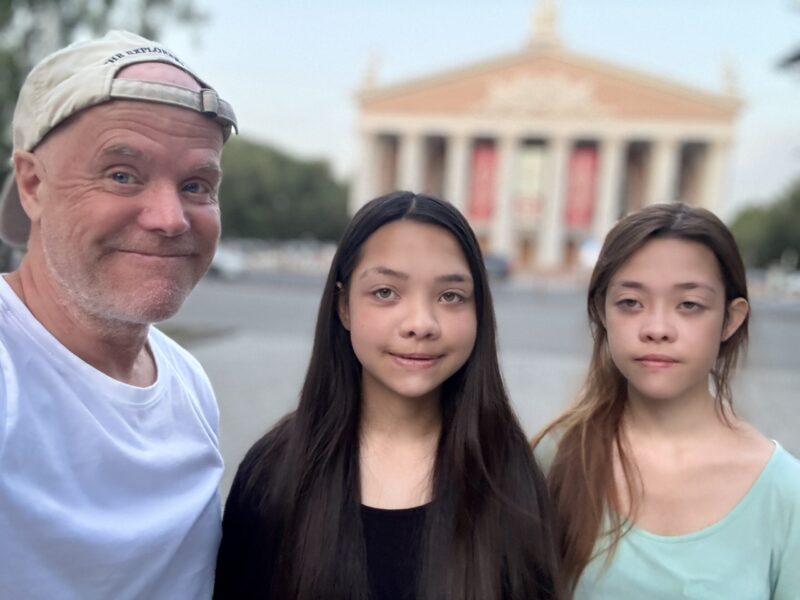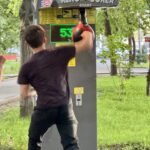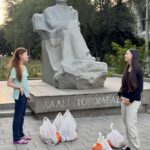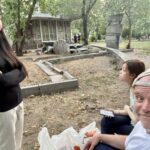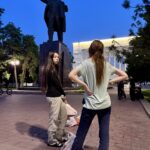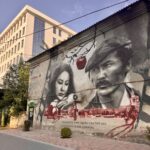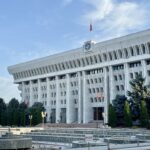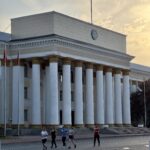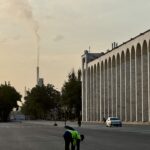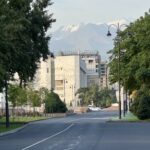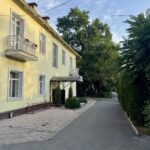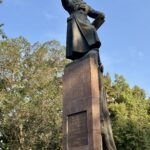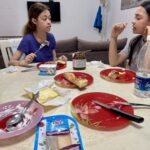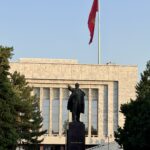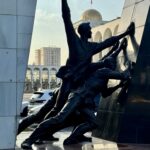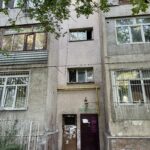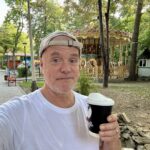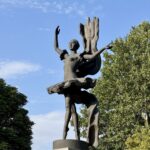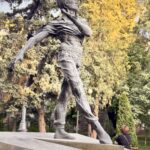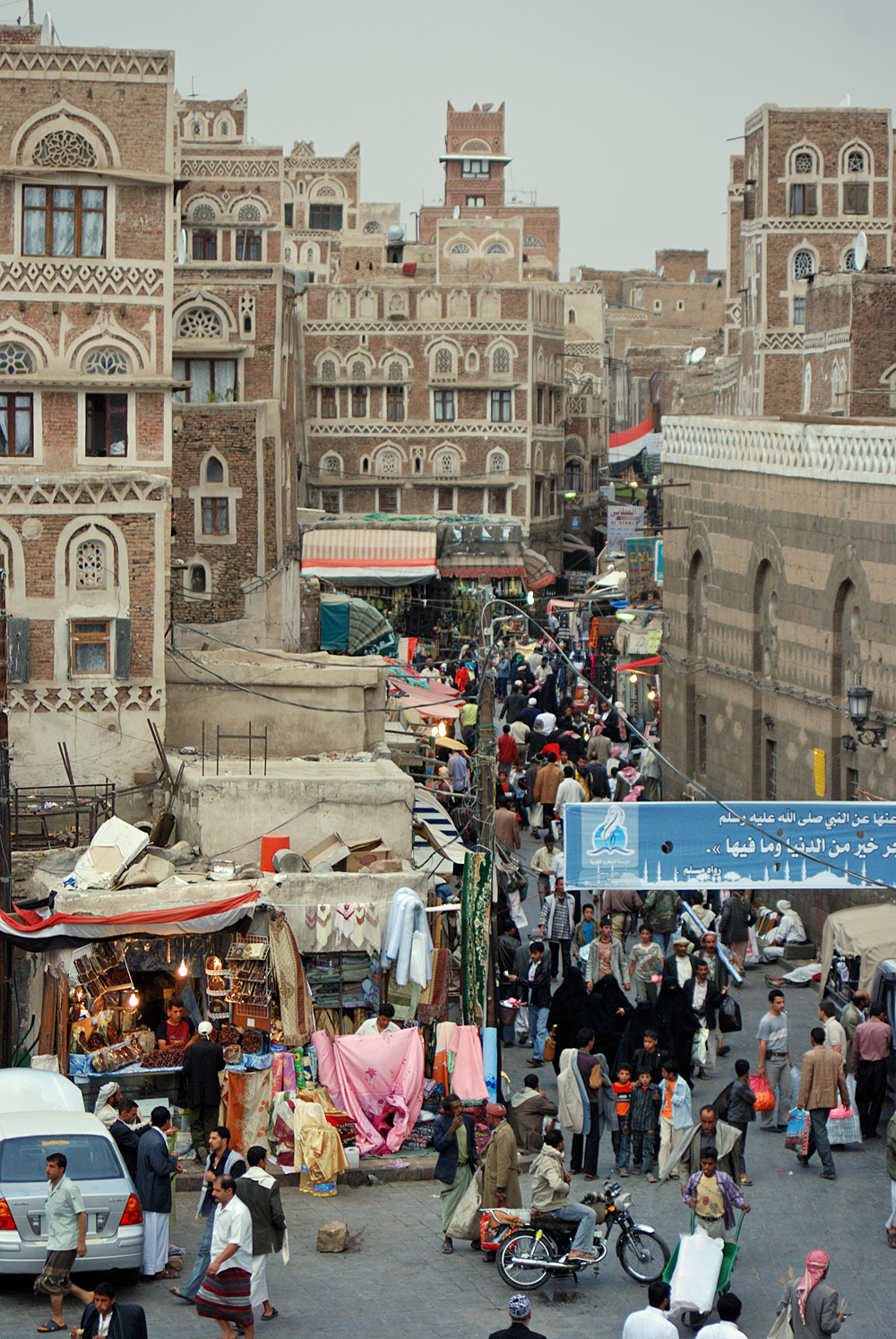Report 1 from Bishkek
“Don’t they sort their trash here?” Dana asked during our first walk, on our first day in this wonderful city of Bishkek.
A very Swedish observation. We were heading out late in the evening, targeting a supermarket to buy food and essentials. The mood was, at best, mixed — lack of sleep from the night flight, and, as always, a certain amount of stress. Rasmiia, one of our great helpers here in the city, had found us a great place just next to the city centre. We have a kitchen, two bedrooms, Wi-Fi — all that’s needed for a comfortable start to an Expedition. We always need a fridge initially due to Eva’s medicine. That’s a story in itself on every small adventure we do.
We ended up at a Western-style hypermarket spread over eight floors. We bought food we know from home and some new stuff — like smetana and local ayran. Since I’ve always had a great interest in the Soviet era, we returned to the flat via some of the classic characteristics of that time. We passed huge buildings, wide boulevards, massive murals, big statues, huge flags — all omnipresent national symbols rooted in a powerful mix of ideology, psychology, and propaganda. These elements were central to the Soviet vision of shaping not just cities, but people. They were carefully calculated tools for forming consciousness, enforcing ideological unity, and projecting the power of the party into every corner of life.
Eva was as impressed as me. She’s also read one of my favourite books — The Empire by Ryszard Kapuściński. Dana was more interested in trying one of those machines where you punch a ball with your fist and get a score showing how strong your punch is. But she said:
“Not when other people can see us.”
This is a trip where the girls are 100% in the centre. From their perspective, they will narrate the upcoming film. It’s a huge task, so it’s important we settle in slowly. I expect us to stay here in Bishkek for about a week before we head east. The jet lag is tough, and the culture is new to the girls — even though it’s quite similar to the six months we spent in Karaganda, Kazakhstan when they were little. Yeah, they don’t remember. So I have to ease them into the food and get us out for some walks every day. Middays are hot, but mornings and evenings are great. Lots of parks in the city centre. I already love Bishkek.
This film is a collaboration with well-known Kyrgyz producer Adilet Kharzoev and his team. Back home, we have Alex Shiriaieff. Adilet picked us up at the airport and showed us around the first day — where to change money, and he set us up with local SIM cards. Such a great help to have locals guiding you.
Right now, I’m so jet-lagged and sleepy it’s hard to write. But my first impression is that this is, in every way, a very post-Soviet society — something I know well. People here in Bishkek are low-key, quiet, not many smiles, very serious. Few speak English. But I speak Russian well enough. For me, it’s a situation I know — and actually love.
So, a great start. I hope to write something every 3–4 days throughout the trip. The girls are doing really well and are still sleeping. Tomorrow I hope to meet Alina, who will join us as a friend, filmmaker, and translator for the whole trip. That alone could be a great film in itself.
